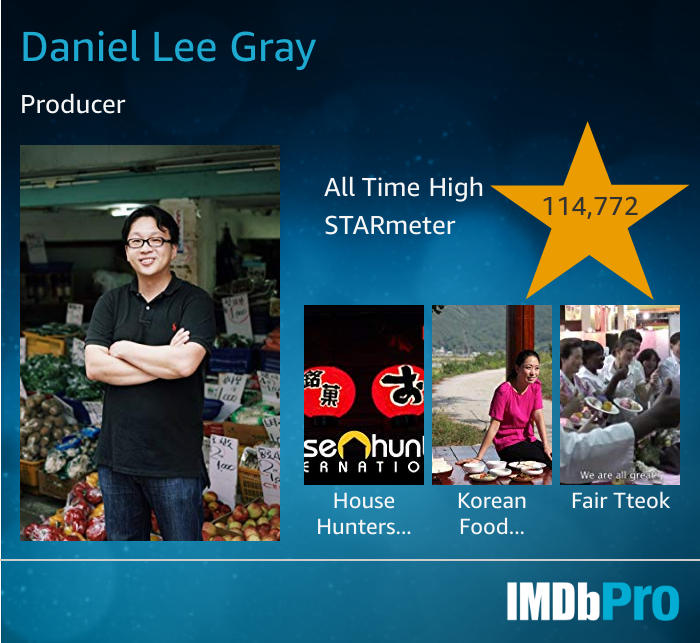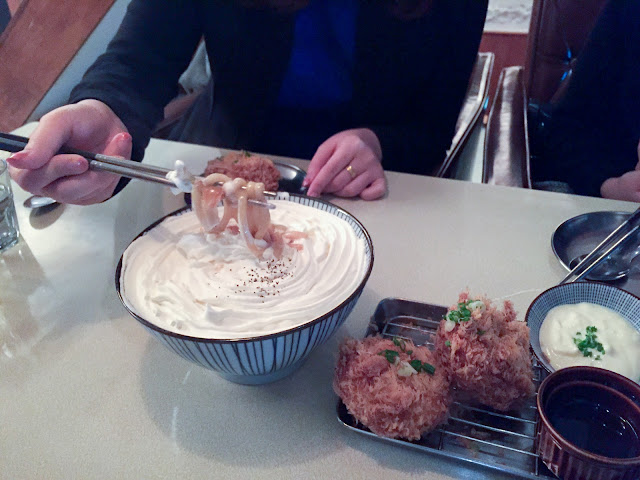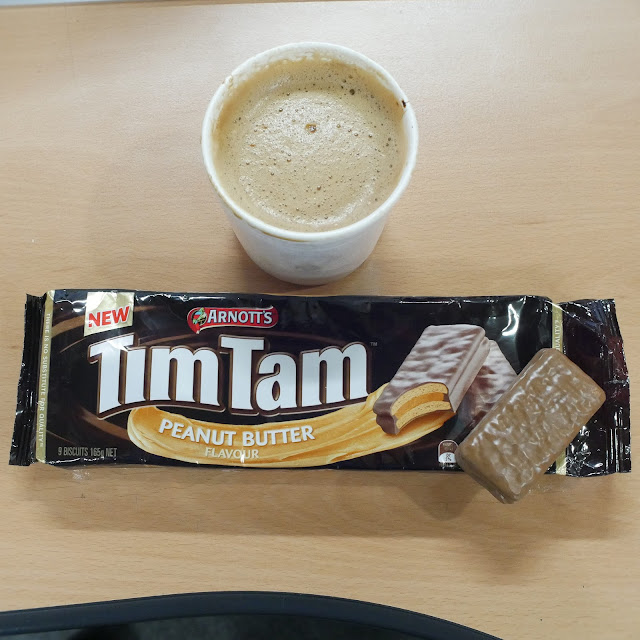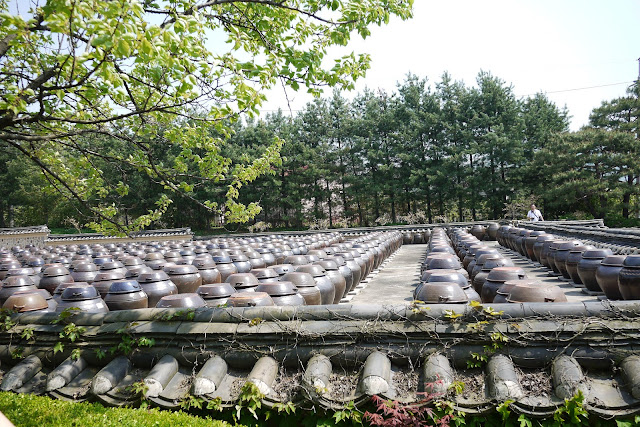Hi all, My name is Irene and I'm a 20 something girl in Korea and I wanted to introduce some of my favorite eats. "Tokki Jeong" is one of the hottest restaurants in Gangnam area. Their concept is ‘Home style Japanese Food’. The whole restaurant looks like modern Japanese house which is really cool. I recommend this place as for a date since the price range is from 5,000 won to 18,000 won so it’s not that expensive but you can make your girlfriend or boyfriend happy with the good atmosphere and delicious food. I went there with my girls though. The menu is quite diverse from Korokke, fried vegetables, fired meats (Sutbul Gui), Japanese style of soup to Cream Curry Udon. First, I recommend to try Korokke for an appetizer. Especially if you or your partner are sharing, you should order this. It’s very crispy inside and it is full of mashed potato. It is especially delicious with the white cream sauce but... the biggest reason why I'm telling you to get the








